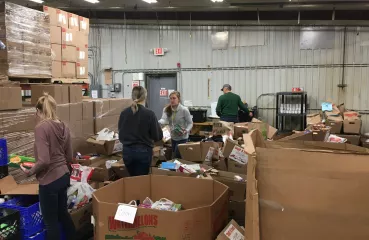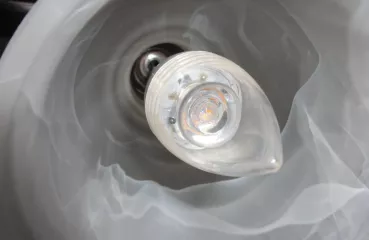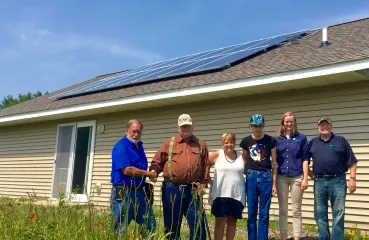Duluth’s Lincoln Park neighborhood has become one of the city’s trendiest new enclaves. West Superior Street has emerged as a “craft district” where handmade goods and restaurants thrive. The famous Duluth Grill and the children’s museum both have contributed mightily to Lincoln Park’s revival.
Yet the neighborhood remains among the most economically disadvantaged in Duluth, especially regarding health issues. In one Lincoln Park census tract, residents die 20 years before residents of an adjacent census tract, according to a University of Minnesota Duluth study that used 2011-2016 American Community Survey data.
The nonprofit Ecolibrium3, which offices in Lincoln Park, set out recently to do something about the health disparities suffered by their neighbors. The organization developed the program “Healthy Homes” to help homeowners and landlords improve indoor air quality and add safety features, in addition to saving energy.





